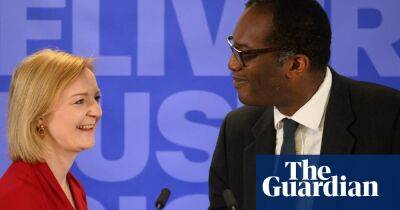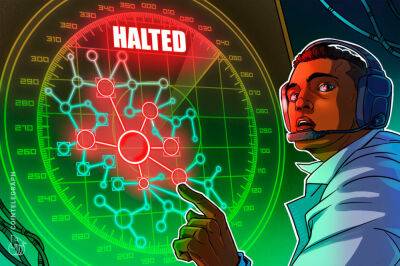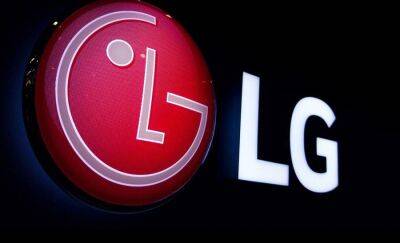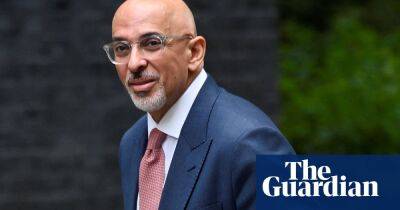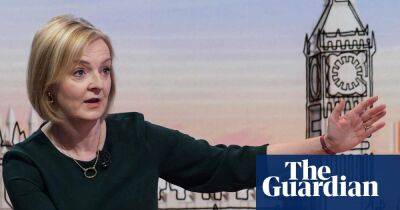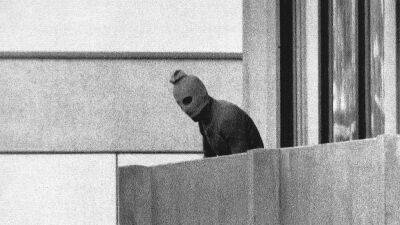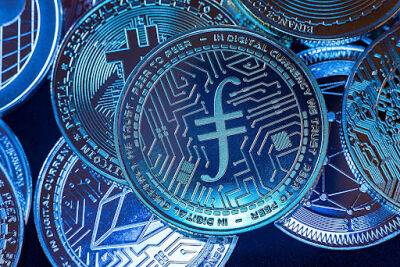Bank of England will probably need to raise rates again, says deputy governor
The Bank of England will probably have to raise interest rates further from their current 14 year-high to tackle inflationary pressures that are gaining a foothold in Britain’s economy, its deputy governor, Dave Ramsden, has said.
The spread of inflation was showing up in rising British pay and companies’ pricing plans, having originally been triggered by the reopening of the world economy from Covid-19 lockdowns and then by Russia’s invasion of Ukraine, Ramsden said.
Inflation is expected to return to the Bank’s 2% target – down from above 9% now and a projected peak of 13% in October – as the economy goes into a recession and borrowing costs rise.
But there was also a risk of an inflation mentality developing, Ramsden said.
“Personally, I do think it’s more likely than not that we will have to raise the Bank rate further. But I haven’t reached a firm decision on that,” he said.
“I’m going to look at the indicators, look at the evidence as we approach each upcoming meeting.”
The Bank raised borrowing costs last week by the most since 1995 as it took the Bank rate to 1.75% from 1.25%, its sixth increase since December, compounding the biggest two-year disposable income hit for households since at least the 1960s.
“We know that what we’re doing is adding to an already very challenging environment,” Ramsden said. “But our assessment is we needed to act forcefully to ensure that inflation doesn’t become embedded.“
Ramsden, a former senior official at Britain’s finance ministry who joined the Bank of England in 2017, said a fall in inflation expectations in financial markets was encouraging, as were signs that households and companies thought central bankers would get to grips with the problem.
Asked if the Bank rate was close to
Read more on theguardian.com
